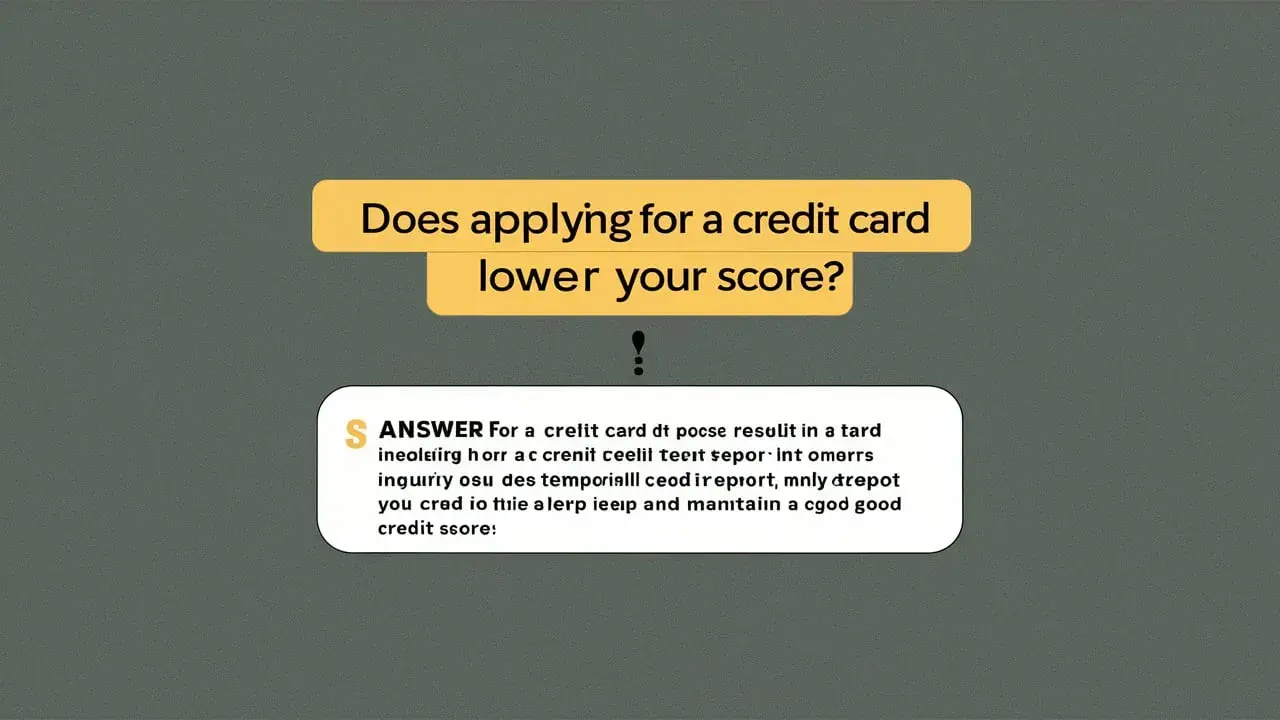-
Posted on: 17 Jul 2024

-
Debt can be a crushing weight, impacting your mental health, relationships, and overall quality of life. The burning question on many people's minds is: "Can I wipe debt clean?" The answer, unfortunately, isn't a simple "yes" or "no." While completely erasing all debt is rare, there are various debt relief options available that can help you manage, reduce, or even eliminate certain types of debt.
Understanding the Landscape of Debt Relief
Before exploring specific debt relief methods, it's crucial to understand the basic principles at play. Debt, by its very nature, is a legally binding obligation. Creditors have the right to pursue collection efforts to recover the money owed. However, laws and regulations are in place to protect debtors from predatory practices and offer pathways to financial recovery.
Factors Influencing Debt Relief Options
The availability and suitability of different debt relief options depend on several factors, including:
- Type of Debt: Secured vs. unsecured debt, student loans, tax debt, etc.
- Amount of Debt: The total amount owed can significantly impact the best approach.
- Income and Assets: Your financial situation determines your ability to repay or negotiate settlements.
- State Laws: Debt collection laws and exemptions vary from state to state.
- Credit Score: A lower credit score may limit certain options.
Exploring Debt Relief Options
Let's delve into the most common debt relief options available, weighing their pros, cons, and suitability for different situations.
1. Bankruptcy
Bankruptcy is a legal process that offers individuals and businesses a fresh start by discharging (eliminating) or reorganizing their debts. It's a powerful tool, but it also has significant consequences and should be considered a last resort.
Types of Bankruptcy
- Chapter 7 Bankruptcy: Also known as "liquidation bankruptcy," Chapter 7 involves selling off non-exempt assets to repay creditors. Eligible debts are then discharged. It's typically best suited for individuals with limited income and assets.
- Chapter 13 Bankruptcy: Also known as "reorganization bankruptcy," Chapter 13 allows debtors to create a repayment plan over a period of three to five years. It's suitable for individuals with regular income who want to keep their assets.
Pros of Bankruptcy
- Debt Discharge: Many unsecured debts, such as credit card debt, medical bills, and personal loans, can be discharged.
- Automatic Stay: Filing for bankruptcy immediately stops most collection actions, including lawsuits, wage garnishments, and foreclosures.
- Fresh Start: Provides an opportunity to rebuild your financial life.
Cons of Bankruptcy
- Credit Score Impact: Bankruptcy has a significant negative impact on your credit score and can remain on your credit report for up to 10 years.
- Asset Liquidation (Chapter 7): You may have to sell off assets to repay creditors. Exemptions vary by state.
- Repayment Plan (Chapter 13): Requires adherence to a strict repayment plan over several years.
- Public Record: Bankruptcy filings are public record.
- Not All Debts Are Discharged: Certain debts, such as student loans (in most cases), child support, alimony, and some tax debts, are typically not dischargeable in bankruptcy.
2. Debt Management Plans (DMPs)
A Debt Management Plan (DMP) is a structured repayment plan administered by a credit counseling agency. You make monthly payments to the agency, which then distributes the funds to your creditors.
How DMPs Work
- Credit Counseling: You consult with a credit counselor to assess your financial situation and create a budget.
- Debt Analysis: The counselor analyzes your debts and contacts your creditors to negotiate lower interest rates and fees.
- Repayment Plan: A DMP is created outlining your monthly payments and the repayment schedule.
- Payments: You make a single monthly payment to the credit counseling agency.
- Distribution: The agency distributes the funds to your creditors according to the DMP.
Pros of DMPs
- Lower Interest Rates: Credit counselors often negotiate lower interest rates with creditors.
- Simplified Payments: You make a single monthly payment instead of multiple payments to different creditors.
- Budgeting Assistance: Credit counseling helps you develop better budgeting habits.
- Avoids Bankruptcy: Can be a good alternative to bankruptcy for those who can afford to repay their debts over time.
Cons of DMPs
- Credit Score Impact: Enrolling in a DMP may temporarily lower your credit score.
- Fees: Credit counseling agencies charge fees for their services.
- Not a Debt Discharge: You still have to repay the full amount of your debt, although potentially at a lower interest rate.
- Creditor Participation: Not all creditors participate in DMPs.
3. Debt Settlement
Debt settlement involves negotiating with your creditors to pay a lump sum that is less than the total amount you owe. This option typically requires you to save up a significant amount of money before negotiating.
How Debt Settlement Works
- Savings Accumulation: You typically stop making payments to your creditors and start saving money in a dedicated account. This is often the riskiest part as it can lead to collection activity and further damage your credit.
- Negotiation: Once you have enough savings, you (or a debt settlement company) negotiate with your creditors to accept a lump-sum payment in exchange for forgiving the remaining debt.
- Settlement Agreement: If the creditor agrees, you enter into a settlement agreement outlining the terms of the settlement.
- Payment: You pay the agreed-upon lump sum.
Pros of Debt Settlement
- Potential for Significant Savings: You may be able to settle your debts for a fraction of what you owe.
- Faster Debt Relief: Debt settlement can be faster than a DMP or bankruptcy.
Cons of Debt Settlement
- Credit Score Damage: Stopping payments to creditors will severely damage your credit score.
- Collection Actions: Creditors may pursue collection actions, including lawsuits and wage garnishments, while you are negotiating.
- Tax Implications: The forgiven debt may be considered taxable income by the IRS.
- No Guarantee of Success: Creditors are not obligated to accept settlement offers.
- Fees: Debt settlement companies charge fees, often based on a percentage of the debt settled.
- Scams: The debt settlement industry is rife with scams. Be very careful when choosing a debt settlement company.
4. Debt Consolidation
Debt consolidation involves taking out a new loan to pay off multiple existing debts. The goal is to simplify your payments and potentially lower your interest rate.
Types of Debt Consolidation
- Personal Loan: An unsecured loan from a bank or credit union.
- Balance Transfer Credit Card: A credit card with a low introductory interest rate for balance transfers.
- Home Equity Loan or HELOC: A loan secured by your home equity. This can be risky, as you could lose your home if you fail to repay the loan.
Pros of Debt Consolidation
- Simplified Payments: You make a single monthly payment instead of multiple payments to different creditors.
- Lower Interest Rate (Potentially): If you qualify for a lower interest rate on the consolidation loan, you can save money on interest charges.
Cons of Debt Consolidation
- Credit Score Impact: Opening a new credit account and closing old accounts can affect your credit score.
- Fees: Some consolidation loans come with origination fees or other charges.
- Risk of Overspending: If you consolidate your debt but don't address the underlying spending habits that led to debt in the first place, you may end up accumulating more debt.
- Not a Debt Discharge: You still have to repay the full amount of your debt.
5. Statute of Limitations
The statute of limitations is a law that sets a time limit on how long a creditor can sue you to collect a debt. The length of the statute of limitations varies by state and by the type of debt. Once the statute of limitations has expired, the creditor can no longer sue you to collect the debt.
Important Considerations
- Does Not Erase the Debt: The debt still exists, even if the creditor can't sue you.
- Collection Efforts Can Continue: Creditors can still contact you to try to collect the debt, but they cannot sue you.
- Re-aging the Debt: Making a payment on the debt or acknowledging the debt in writing can restart the statute of limitations.
- Ethical Considerations: While the debt may be legally unenforceable, there's also an ethical component to consider regarding fulfilling financial obligations.
6. Debt Forgiveness Programs
Certain debt forgiveness programs exist for specific types of debt, such as student loans. These programs typically have strict eligibility requirements.
Examples of Debt Forgiveness Programs
- Public Service Loan Forgiveness (PSLF): For federal student loan borrowers who work in qualifying public service jobs.
- Teacher Loan Forgiveness: For teachers who teach in low-income schools.
- Income-Driven Repayment (IDR) Plans: Offer loan forgiveness after a certain number of years of qualifying payments.
Choosing the Right Debt Relief Option
The best debt relief option for you depends on your individual circumstances. Consider consulting with a qualified financial advisor or credit counselor to discuss your options and develop a personalized plan. Be wary of companies that promise unrealistic results or charge exorbitant fees.
Rebuilding Your Financial Future
Debt relief is only one step in the journey to financial recovery. It's essential to develop healthy financial habits, such as budgeting, saving, and avoiding unnecessary debt, to ensure a stable and secure financial future.










